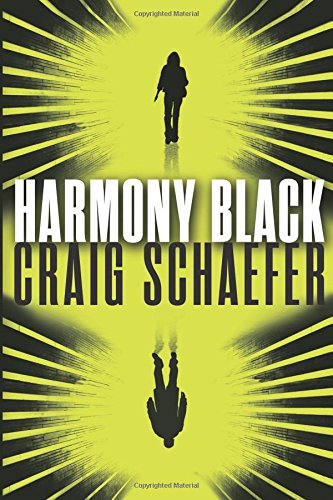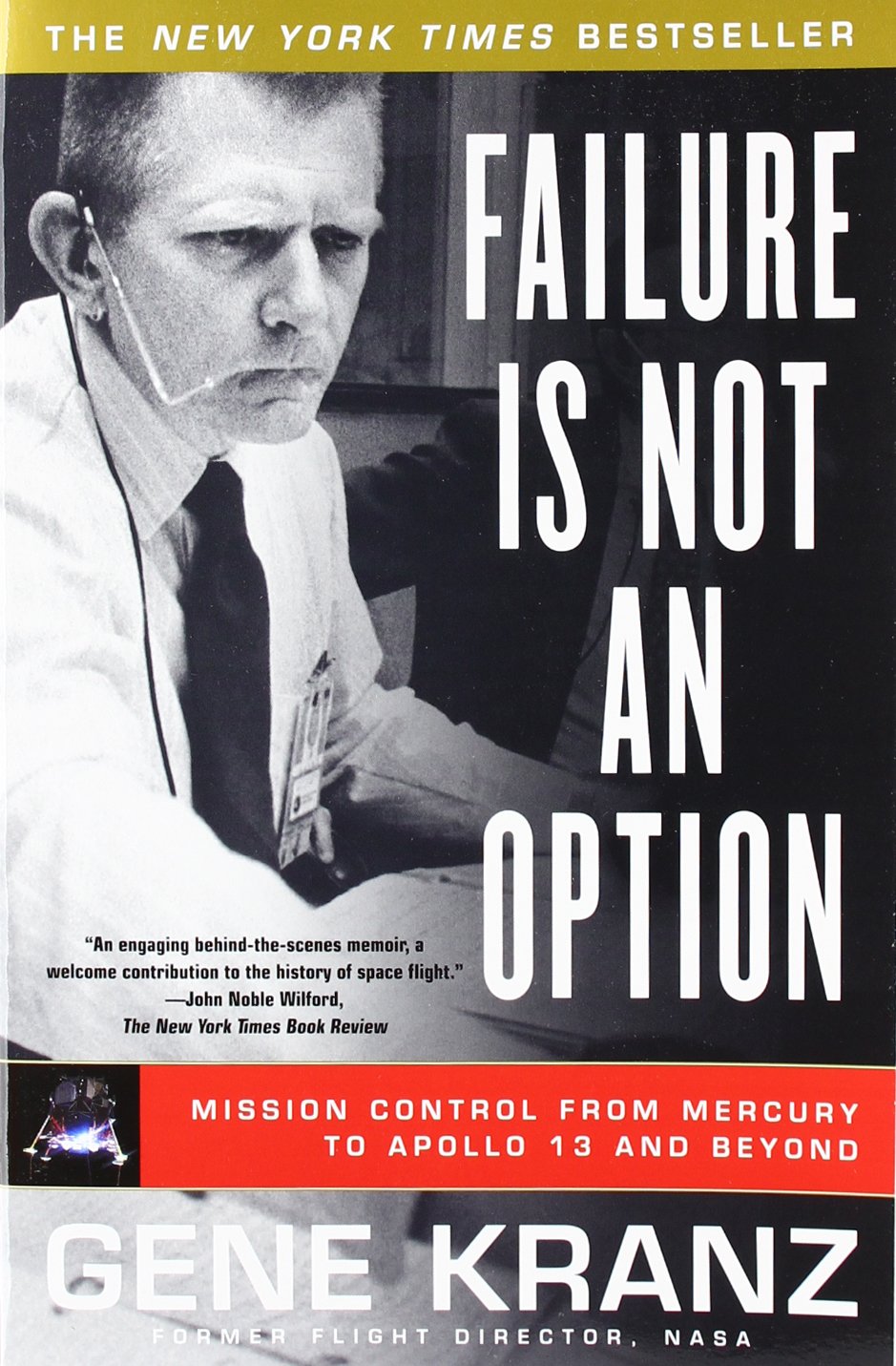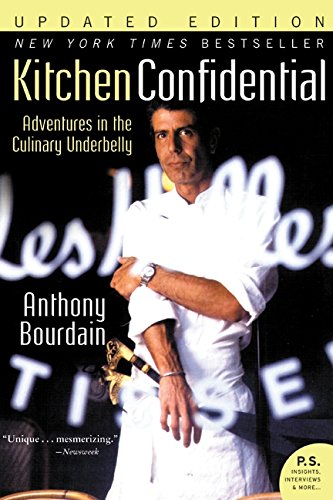In a rare instance of my father reading to us when I was a child, we heard the story of George Orwell's Animal Farm. Unlike my mother's choices of standard children's books like Ferdinand and Madeleine, the rich characterizations of the animals at Manor Farm made an engrossing tale for us youngsters—even though we missed the deeper meanings of the novel's conflict.
I suspect many will read the delightful story of Domino, a black-and-white working-class tomcat defending his territory from invasion by an alien culture, as the simple tale it presents. The cats and other animals in the novel are anthropomorphized just enough for their battles to make sense to us, but not so much that their animal qualities vanish.
That's a fine line to tread, and Heavey has done it well. On first reading, I happily enjoyed this upper layer of the tale of Domino and his queen Celine, a wild black lady roaming free in the woods adjacent to the tom's territory. My spouse and I have shared our lives with both cats and dogs, though more often just cats, for almost as long as we've been married, so the animal interactions rang true. And the story is a winner: normal cat nature versus a scheme (promoted by canny city rats using a Siamese "front cat" named Socrates) to convince the rural cat population to stop killing other animals.
The territory Domino himself patrols includes his human's property—barn, hen-house, and shed, as well as the surrounding woods and streets—but his buddies have their own patrols in the wider suburb where he lives. All these cats are threatened when the Siamese city cat arrives with a large-dog sidekick, Max, and a radical philosophy: cats can transcend their enmity with other animals and stop killing them for sport, because they are feed by their humans.
Domino longed with every individual hair in his pelt to fight this suffocating threat even as his brain understood there was no way to scratch and bite a poisonous idea.
The idea takes hold, and the cats who accept it begin to suffer the consequences. Not only are they missing some key nutrients (particularly the pregnant queens, who would have supplemented their kibble with mice and birds—and rats), but the influx of rats begins to out-breed the cats. Socrates' relationship with Max, at first a convincing point of "transcendence at work" for the awestruck rural cats, now becomes a problem as Socrates uses Max as a storm-trooper to impose his idea on the few felines who did not join up voluntarily.
On second reading and further thought, a deeper theme began to emerge from the pages of Domino. The imported culture the tomcat fights is inherently antithetical to the nature and life-style of a free cat. When the majority of his neighbors try to adopt this foreign way of living, it echoes for me the cultural conflicts as the Western world tries to accommodate to Eastern and Middle-Eastern refugees.
Domino and his mate, and one or two of the other cats, see clearly that they are being overrun by the burgeoning rat population, but are helpless to combat it—particularly when the rats begin hunting in packs, killing and eating other animals, even much larger ones. Transcendence, it seems, is only a moral imperative for cats. The rats are free to live as they choose, but to punish the cats for failing to embrace the rat-inspired philosophy.
Read at this level, the novel is no longer innocently delightful, but it's still a winner!









